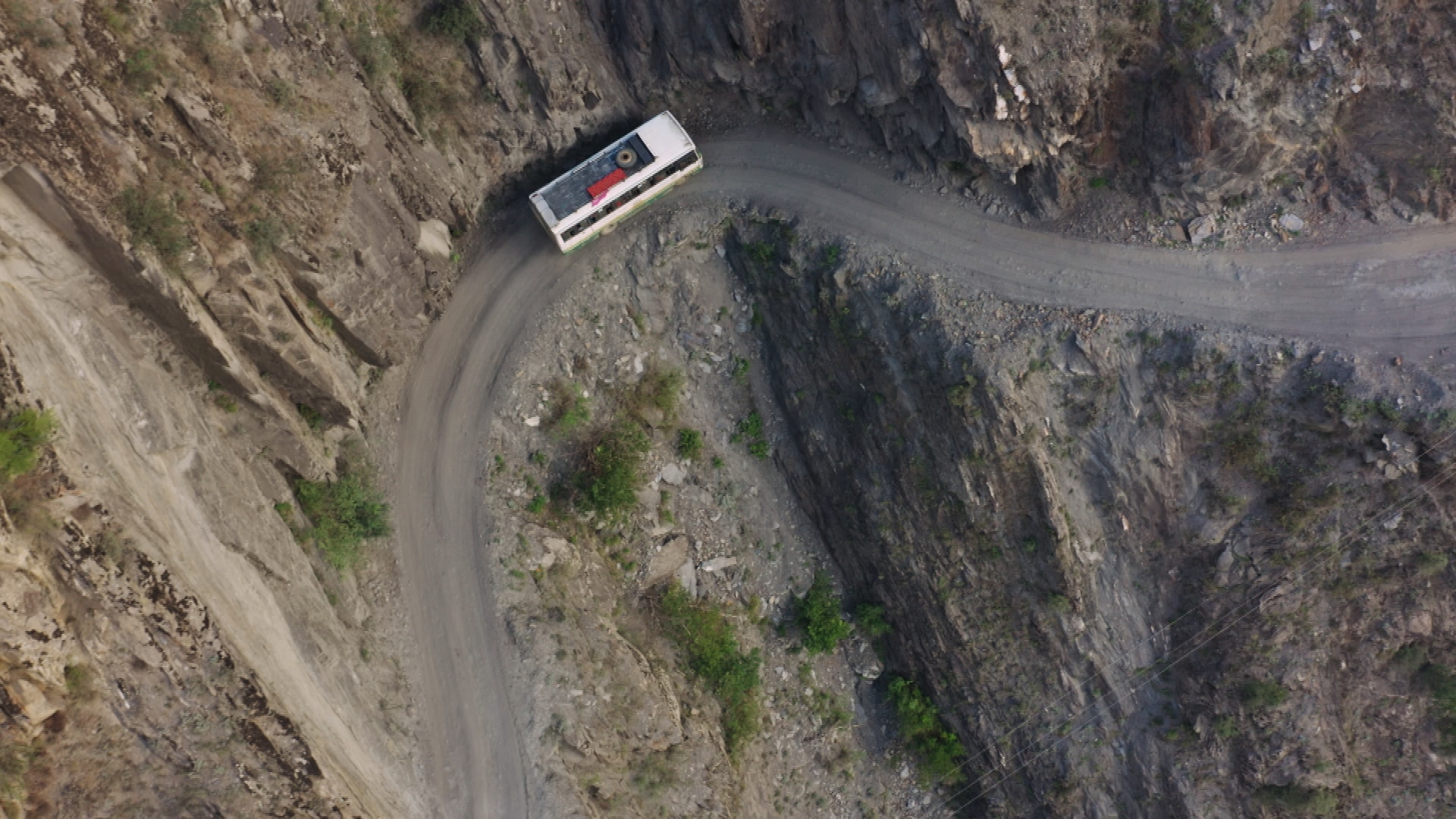
- 52'
- Authors : Antonin Marcel, Frédéric ELHORGA
- 04-07-2023
- Master : 3291
-
Share!
INDIA, OF GOD AND MEN | France 5 | Les Routes de l'Impossible
India is a country of excess. By its size, the number of its population, the richness of its landscapes, the unpredictability of its roads and the diversity of beliefs that guide the steps of its people. Having become the 6th world power, the most populous country in the world continues to develop, but at two speeds. In the big cities, there was no shortage of work and Indian youth took power, leaving the countryside increasingly isolated and left to their own devices.
Born with his hands in the ground, Tenzin is a peasant and great-grandson of a peasant. For several generations, he and his family have been growing what the Indians call “green gold”: peas. A trying and fragile culture, undermined by capricious climatic conditions in this region. “The peas are our only source of income. Without them my family and I would have been long gone! “. During the harvest, Tenzin descends every morning with his mules along the steep path that leads to the road to entrust his harvest to Ramsing, the transporter:
(A long and perilous road awaits me, especially since I am driving at night to prevent the heat from damaging the goods. The slightest driving fault and we go into the ravine) Ravines that seem bottomless because the mountains are so high.
In the state of Meghalaya, the men of the Jaintia tribe sweat profusely. It must be said that they have to carry at arm’s length, for 5 km to the center of the village, a trunk of several tons and that, without ever putting it on the ground. For them failure is not possible, it would herald a year of misfortune.
“We do this to ingratiate ourselves with nature so that our future harvests are abundant.”
Others have erected a “rat”, an immense tower of about twenty meters, they try to make their way among the thousands of faithful, by controlling the tower which pitches dangerously above the heads… The sacred trunk and the tower point to a pool of mud. “Our God commands us to dance in the dirtiest place on earth.”
Indians have strong ties to nature. So much so that some live only through it… This is the case of the Khasis tribe, which preserves nature by building bridges without using cement… Like their ancestors, they direct the roots of “rubber trees” to the Above the ravines, the roots grow, harden and over time they form a bridge as hard as concrete. Wang Suk maintains them and even builds new ones. “I will never see them finished because these bridges take decades to form. I do it for future generations! “.
On the Brahmaputra River, Kotai would have liked his ancestors to care a little more about the future of his island or rather that all the countries on the planet actively fight against global warming… His island is nibbled away a little every day more by the big river… When he was a child, it extended over 15 km2 against 4 today!
Without wanting to, Kotai also participates in this erosion: he cuts bamboo whose roots hold the earth. But for delivery, it’s zero carbon “impossible to use a truck that would take too long on the track”. He travels by raft, guided only by the rushing currents and the gods he prays not to end up at the bottom of the river, like so many others before him.
